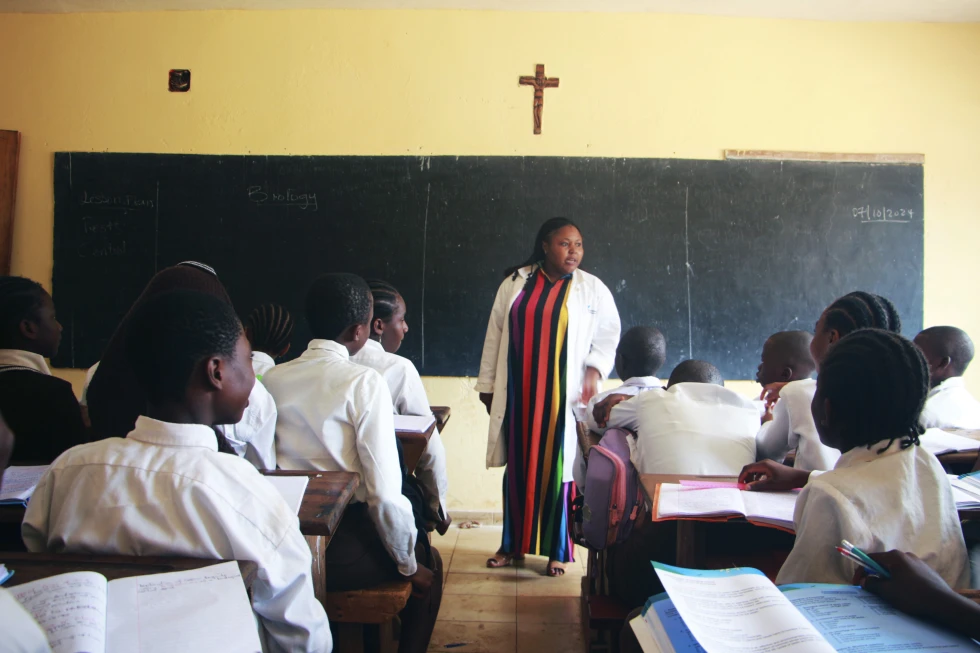The ongoing separatist conflict in Cameroon’s English-speaking regions has forced hundreds of thousands of students out of education, highlighting a growing crisis that threatens the future of the country’s youth. According to a report by the Norwegian Refugee Council, as of 2023, approximately 1.4 million school-age children in Cameroon are in dire need of educational assistance due to the separatist crisis in the west and Boko Haram incursions in the north.

Jane Ndamei, a 20-year-old student from Cameroon’s restive southwestern region, exemplifies the perilous situation faced by many students. Five years ago, during her Grade 12 exam, armed men rushed into her school, forcing her and her peers to flee. This incident is part of a broader pattern of violence against educational institutions in the region.
The conflict, which began in 2017 when English-speaking separatists launched a rebellion against the French-speaking majority government, has resulted in over 6,000 deaths and displaced more than 760,000 people, according to the International Crisis Group. Separatist fighters have enforced school boycotts, killed and abducted students and teachers, and destroyed school buildings as a means to pressure the government for political recognition.

Hassane Hamadou, NRC’s Regional Director for West and Central Africa, describes the targeting of schools and denial of education as “nothing short of a catastrophe,” emphasizing the long-term impact on children’s futures and their communities.
The crisis extends beyond Cameroon, affecting the broader West and Central African region. The United Nations reports that as of June, over 14,000 schools were closed due to violence and insecurity across 24 countries in the area, impacting 2.8 million children.

The personal stories of affected families underline the human cost of this educational crisis. Nelson Tabuwe, a displaced father from Batibo town in the northwest, shares how his three children, aged 10, 12, and 15, have been out of school for nearly seven years. Forced to flee to the capital, Yaoundé, the family now struggles to make ends meet, with the children having to help their parents earn money instead of pursuing their education and career aspirations.
AP



